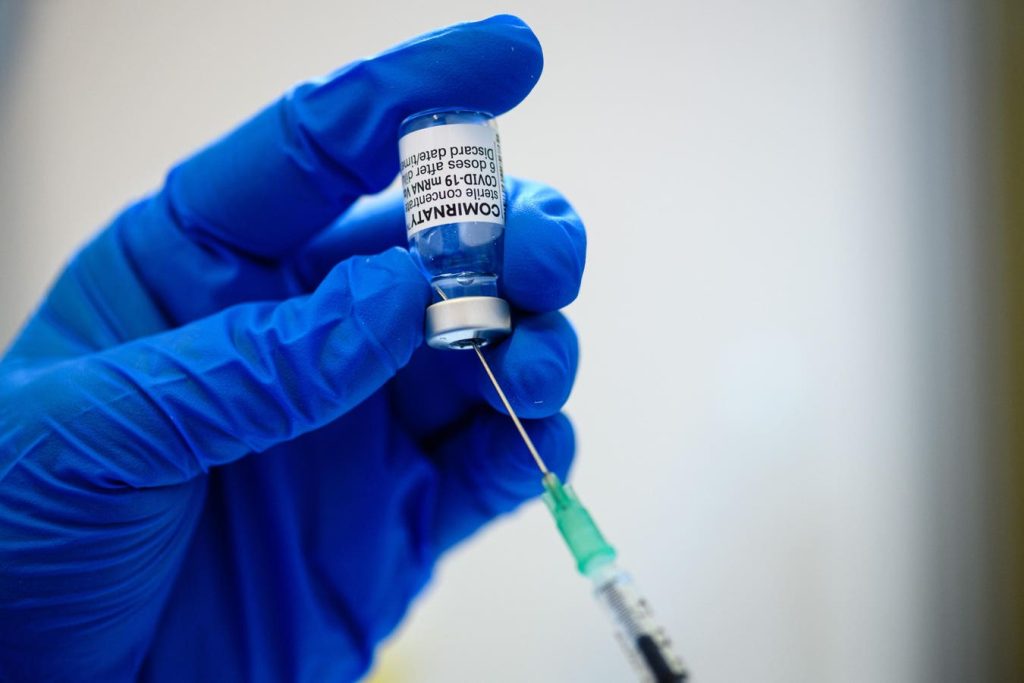The spring booster campaign for Covid-19 vaccines has begun in England, where 700,000 people will receive free shots to reduce the impact of the disease. The elderly and those with weakened immune systems are the primary targets for this campaign. So far, 48,400 shots have been administered to adults in residential care homes and vaccine teams have visited over 3,400 facilities. Vaccines have been shown to significantly reduce hospitalizations and deaths from Covid-19, especially for those at high risk.
Follow-up doses are important to maintain protection against the disease, as immunity can wane over time. Data from last year showed that individuals who received the spring jab were up to 50% less likely to be hospitalized for three to four months afterward. Eligible members of the public have been invited to book their shots through various means, including phone, letter, or email. Private vaccines are now also available in the U.K. for the first time.
The eligibility for the vaccine booster is determined by the Joint Committee on Vaccines and Immunization, based on evidence of benefits and risks compared to the dangers of the disease. Recommendations include giving boosters to those aged 75 or older, residents of older peoples’ care homes, and immunosuppressed individuals. This includes people with weakened immune systems due to chemotherapy, certain medications, or health conditions like multiple myeloma and HIV infection.
Professor Wei Shen Lim, chair of Covid-19 immunization on the JCVI, emphasized the importance of those at the highest risk of severe illness taking up the offer of a further vaccine dose this spring. The ongoing surveillance shows that Covid-19 is still causing severe illness, particularly in older age groups and those who are immunosuppressed. Booster campaigns in spring and fall have been effective in protecting those most at risk, cutting the likelihood of hospitalization from the virus in half.
Minimizing the impact of Covid-19 on the public health system in England is crucial as hospitals struggle to meet demand for services. Emergency care has been in crisis for at least two years, with shortages of hospital beds leading to extended waits for admission, overcrowding in emergency departments, and delays in ambulance services. Various factors contribute to this crisis, including a lack of social care capacity for discharged patients and delays in elective procedures due to the pandemic.
The impact of Covid-19 on the country is still being studied, with researchers finding that the disease has likely contributed to a decrease in healthy life expectancy in the U.K. An aging population and inequalities in healthcare also play a role in increasing demand for services. As the booster campaign progresses and the effects of vaccination are monitored, efforts to minimize the strain on the healthcare system and protect those most vulnerable from severe illness will remain a top priority.


